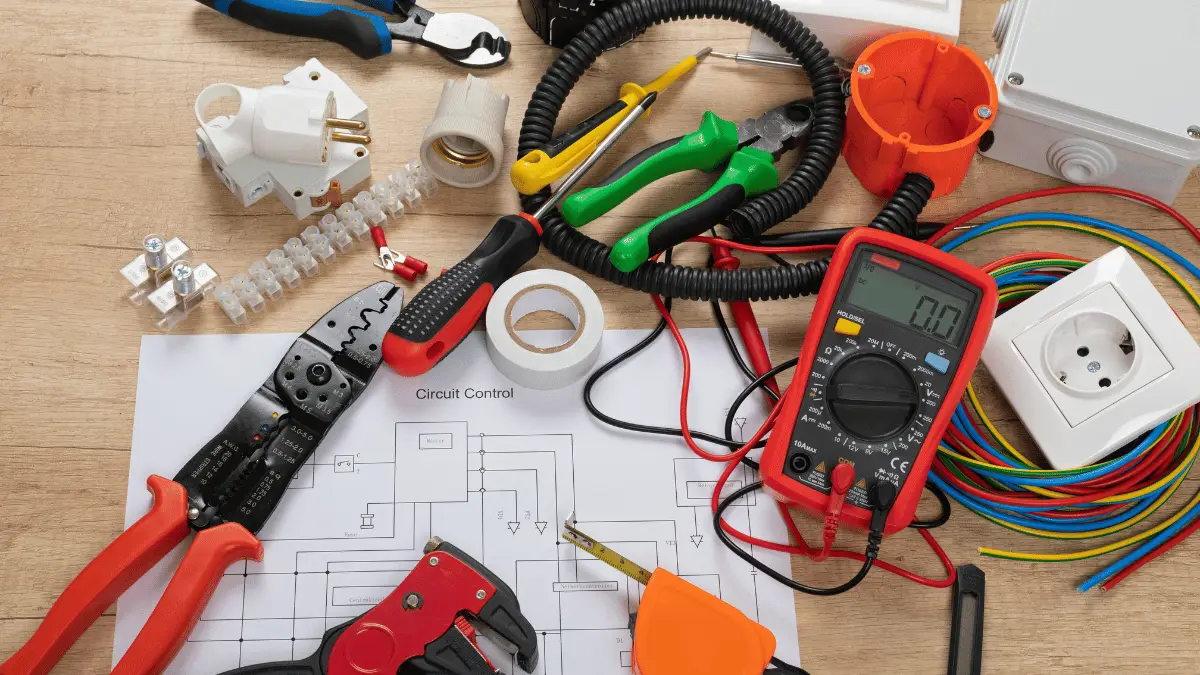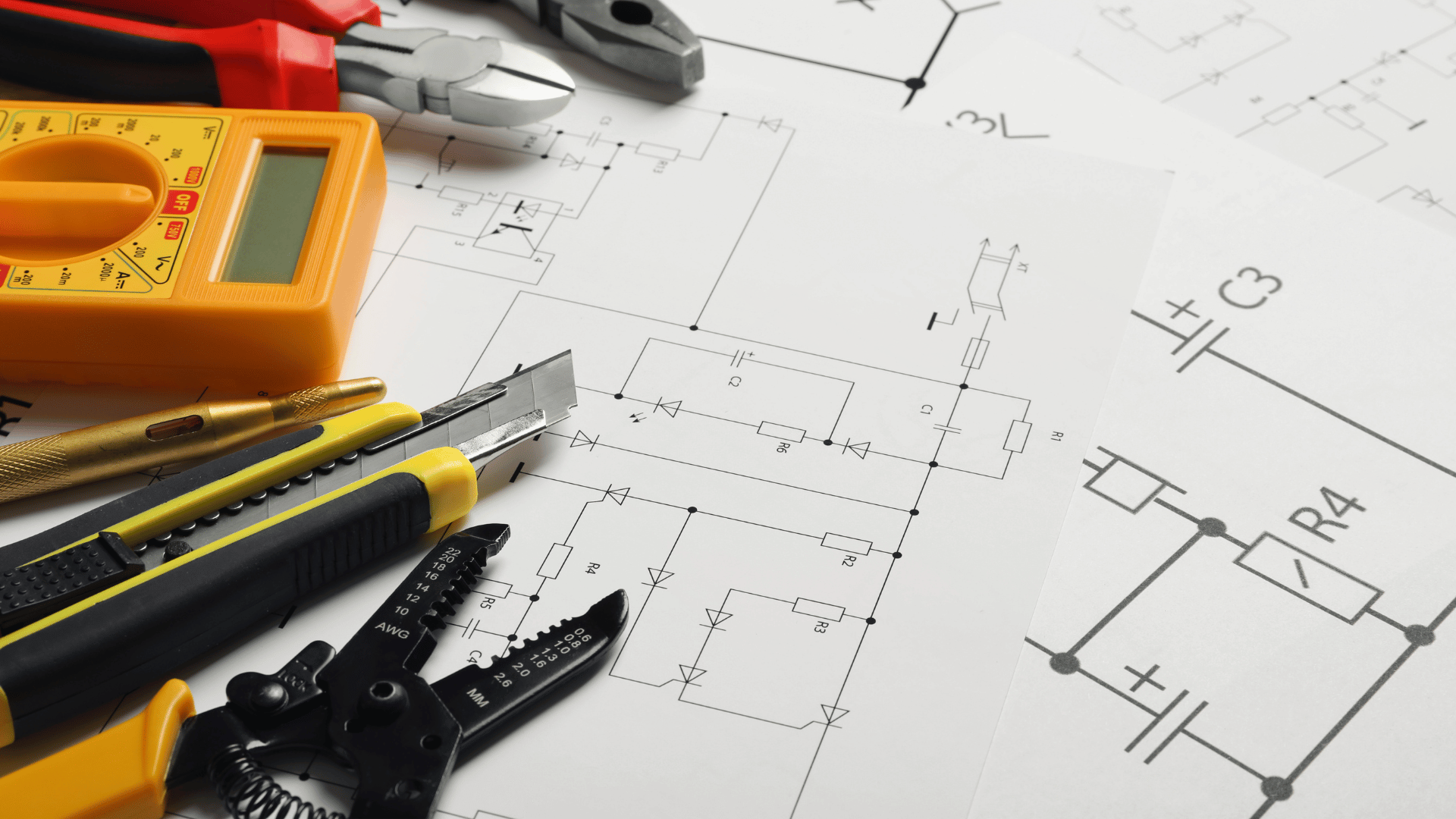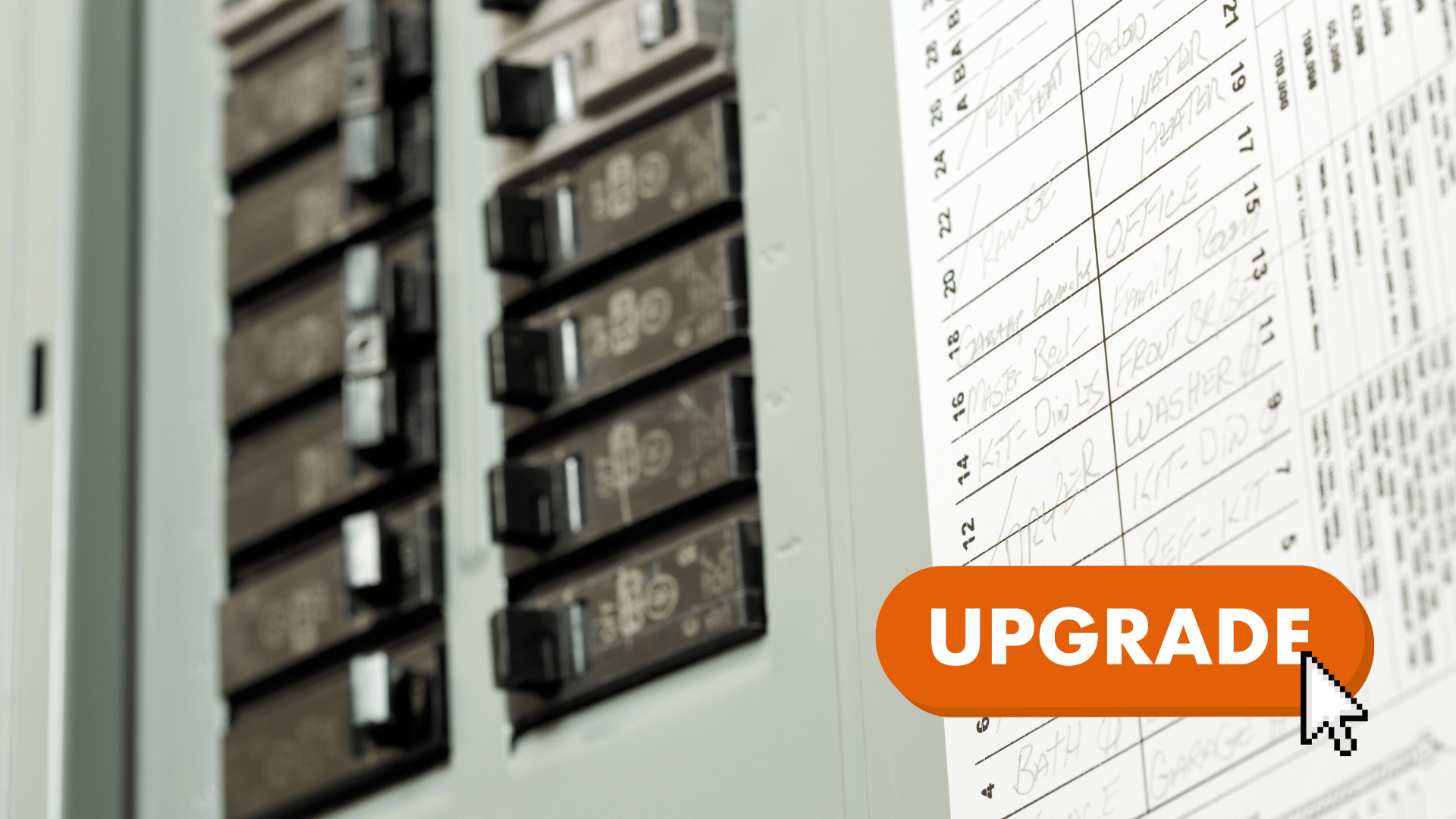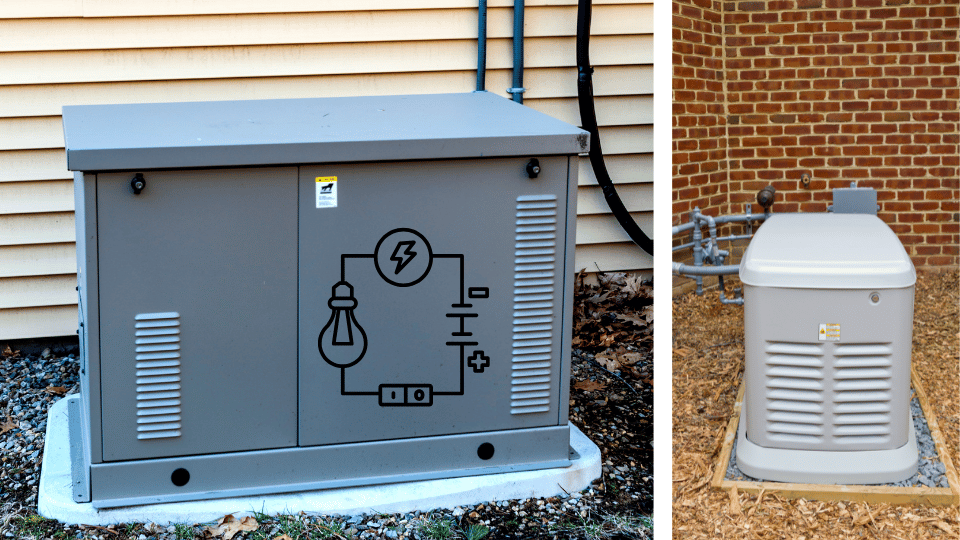Whether you’re planning a renovation, upgrading your wiring, or simply curious about best practices, this guide will walk you through the key electrical codes and provide examples of how they impact your home.
What Are Electrical Codes?
Electrical codes are safety standards established to regulate the design, installation, and inspection of electrical systems. In Knoxville, these codes align with the National Electrical Code (NEC), with additional local regulations that may apply. Adhering to these codes helps prevent electrical hazards such as shocks, fires, and system failures.
Key Electrical Codes Homeowners Should Know
- Ground Fault Circuit Interrupters (GFCI)
- Arc Fault Circuit Interrupters (AFCI)
- Outlet Spacing
- Dedicated Circuits
- Tamper-Resistant Receptacles
- Electrical Panel Requirements
- Outdoor and Weatherproof Outlets
1. Ground Fault Circuit Interrupters (GFCI):
GFCI protection is required in areas where water and electricity are in close proximity, such as kitchens, bathrooms, garages, basements, and outdoor spaces. If you’re installing an outlet near your kitchen sink, it must be a GFCI outlet. This protects against ground faults, reducing the risk of electrical shock.
2. Arc Fault Circuit Interrupters (AFCI):
AFCI protection is required for circuits in living spaces such as bedrooms, living rooms, and dining rooms. These devices detect and prevent arc faults that can lead to electrical fires. When rewiring your bedroom, an AFCI breaker must be installed to protect the circuit.
3. Outlet Spacing
Outlets must be placed no more than 12 feet apart along walls and within 6 feet of doorways in living spaces. If you’re remodeling your living room, you’ll need to ensure outlets are positioned according to these spacing rules to meet code and provide adequate convenience.
4. Dedicated Circuits
Certain appliances like refrigerators, ovens, washers, and dryers require their own dedicated circuits to handle their power demands. Installing a new electric range in your kitchen? It will need a dedicated circuit to prevent overloads and ensure safe operation.
5. Tamper-Resistant Receptacles
All new or replaced outlets must be tamper-resistant, preventing children from inserting foreign objects. Replacing an old outlet in a child’s bedroom? The new outlet must be tamper-resistant to comply with current codes.
6. Electrical Panel Requirements
Panels must have clear labeling for each circuit, and there must be sufficient space around the panel for accessibility. When upgrading your panel, ensure it’s labeled correctly and located in a space with at least 36 inches of clearance in front for maintenance.
7. Outdoor and Weatherproof Outlets
Outdoor outlets must be GFCI-protected and have weatherproof covers. Adding an outdoor outlet for holiday lighting? It needs to be both GFCI-protected and equipped with a weatherproof cover for safety.
Common Code Violations to Avoid
- Overloaded Circuits: Plugging too many devices into one outlet or circuit.
- Improper Wiring: DIY wiring that doesn't meet code requirements.
- Lack of GFCI Protection: Missing GFCI outlets in required areas.
- Unlabeled Electrical Panels: Failing to clearly mark circuits in your breaker box.
Ensure Your Home Meets Knoxville’s Electrical Codes
Contact Sparx Electric Today! Whether you’re upgrading your system or planning a project, Sparx Electric and Construction LLC is here to provide expert, code-compliant electrical services in Knoxville. Schedule a consultation with our licensed electricians today to ensure your home’s electrical system is safe and up to code.
How Sparx Electric Can Help
At Sparx Electric and Construction LLC, we specialize in ensuring your electrical system is safe, efficient, and fully code-compliant. Whether you’re upgrading your panel, installing new outlets, or planning a renovation, our licensed electricians provide expert guidance and service tailored to Knoxville’s specific electrical codes.








